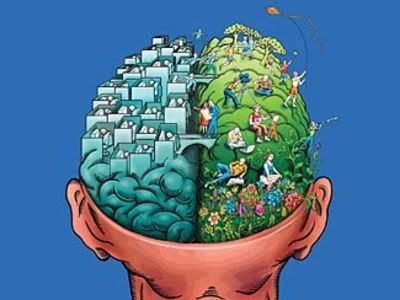
Free will - reality or illusion?
Put a strong point in the illusion column. Scientists, using MRI machines on people making up their minds about a decision, have been able to detect a decision forming in a person's brain a full seven seconds before they even know they've made it. Quite a long time really, one wonders what takes the process so long to filter through to our consciousness.
Regardless, it does have the disturbing effect of seemingly robbing someone of their free will - reducing our actions to the end results of a string of chemical reactions inside our heads.
I guess Kurt Vonnegut was right all along.
(via Wired):
"In a study published Sunday in Nature Neuroscience, researchers using brain scanners could predict people's decisions seven seconds before the test subjects were even aware of making them.
The decision studied -- whether to hit a button with one's left or right hand -- may not be representative of complicated choices that are more integrally tied to our sense of self-direction. Regardless, the findings raise profound questions about the nature of self and autonomy: How free is our will? Is conscious choice just an illusion?
"Your decisions are strongly prepared by brain activity. By the time consciousness kicks in, most of the work has already been done," said study co-author John-Dylan Haynes, a Max Planck Institute neuroscientist.
Haynes updated a classic experiment by the late Benjamin Libet, who showed that a brain region involved in coordinating motor activity fired a fraction of a second before test subjects chose to push a button. Later studies supported Libet's theory that subconscious activity preceded and determined conscious choice -- but none found such a vast gap between a decision and the experience of making it as Haynes' study has.
In the seven seconds before Haynes' test subjects chose to push a button, activity shifted in their frontopolar cortex, a brain region associated with high-level planning. Soon afterwards, activity moved to the parietal cortex, a region of sensory integration. Haynes' team monitored these shifting neural patterns using a functional MRI machine.
Taken together, the patterns consistently predicted whether test subjects eventually pushed a button with their left or right hand -- a choice that, to them, felt like the outcome of conscious deliberation. For those accustomed to thinking of themselves as having free will, the implications are far more unsettling than learning about the physiological basis of other brain functions."

0 Comments:
Post a Comment
<< Home